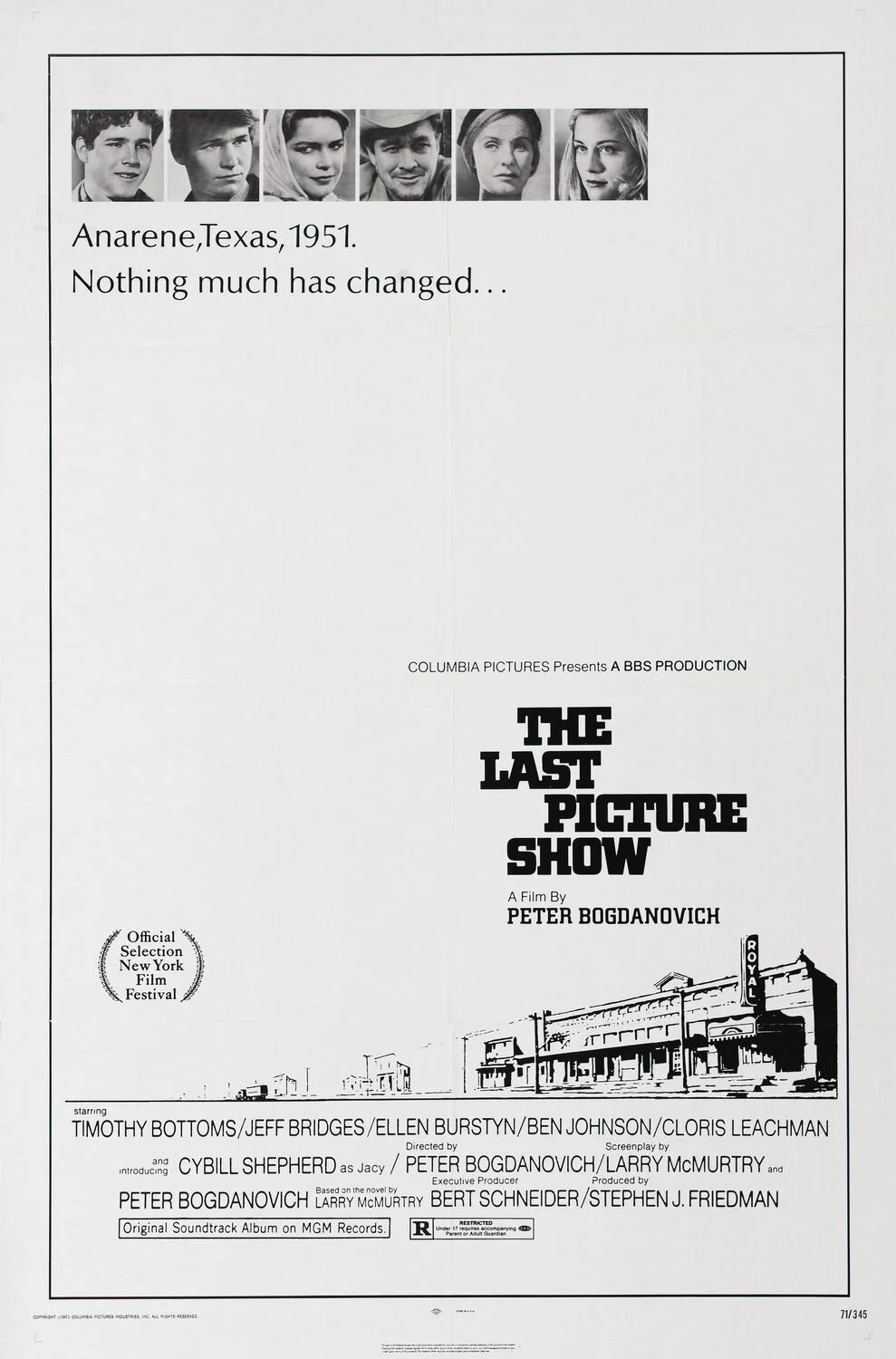Cabaret (1972)
Written by Jay Allen
Directed by Bob Fosse
1998 List Ranking: NA
2007 List Ranking: 63
If I remember correctly, my first introduction to Cabaret was probably Alan Cumming’s performance of “Willkommen” on the Tony Awards from the 1998 Broadway revival. I’ve yet to see the stage show, and I’ve seen this film only once, around 2010 for school (fun fact: my high school put up a production of I Am a Camera, the play that inspired the musical, my junior year). From what I’ve read, the film is very different from the show, and while I wasn’t very impressed the first time I saw the film, I found that I enjoyed myself more in this viewing.
Joel Grey, as the Emcee, welcomes us to the Cabaret
Set in Berlin in 1931, Cabaret takes place in and somewhat-around the Kit Kat Klub, a late night cabaret hall emcee’d by…the Emcee (Joel Grey, in a role that won him, at various times, an Oscar, a Grammy, and a Tony…someone get this man an Emmy!). One of the stars of the cabaret is Sally Bowles (Liza Minelli), a free-spirited bohemian from America living it up. Into her boarding house moves Brian (Michael York), a quiet British man who becomes fascinated with Sally and her life style. The film explores their relationship while simultaneously (and almost exclusively through numbers staged at the cabaret) showcasing the rise of the Nazi party and the antisemitism they foster in the German people.
Liza Minelli as Sally Bowles
The three leading performances, Minelli, York, and Grey, are overall pretty fantastic. Minelli, however, somehow has over the last nearly 50 years, become powerfully linked to this character, as if she IS Sally. Perhaps it’s because both are wild and a bit crazy, but I will admit that, when watching the film, I had to continually remind myself that she’s playing a character, that actual acting is occurring, and that Minelli isn’t just playing herself. I hope.
Michael York as Brian
York gives a nice quiet performance that hits all the right notes; he gives Brian a certain longing, a longing to break free of the traditional British restraint he’s been raised with. He joins in Sally’s antics, but also always seems to be apart from them, too. He’s sensible, sometimes to a fault, but it becomes helpful as he witnesses the shifting political climate (more on that shortly). Finally, as the Emcee, Joel Grey is delightfully strange, both overly cheery and excessively sinister, commenting on the politics in ways that grow increasingly more unsettling. It’s a tightrope act and he executes it flawlessly.
It’s sometimes difficult to understand why certain films end up on this list (and, conversely, why some don’t (JURASSIC PARK)), but I think the progressiveness of this film is a big reason why. Here, there is a positive depiction of a bisexual man at a time when such topics were just starting to be explicitly mentioned (Midnight Cowboy from 1969 is an example of a semi-ambiguous bisexual leading character). Brian is first presented as gay, so I was initially annoyed when he does eventually sleep with Sally (why can’t the gay character just be gay?), but as his sexuality is explored more, I came to understand and appreciate the nuance in which he is depicted.
Brian watches, unsettled, as the Nazis slowly rise to power
What I found most interesting (and yet, also unsettling) is the depiction of the rise of Nazism throughout the film. There is a gradual creeping-in of the ideology that soon becomes pervasive; take the Klub, for example: in the opening scenes, our first image is of the crowd, through a distorted mirror. It’s all upper class Germans, and as the sequence plays out, we see the manager throwing out a Nazi officer. By the end of the film, we see that same distorted mirror, now reflecting that the audience is made up primarily of Nazi officers. The most notable scene is a young boy singing “Tomorrow Belongs to Me” in a beer garden. Slowly, we realize that he is dressed in a Nazi uniform and, slowly but surely, the entire garden is standing, singing, and saluting the young boy; Brian, referencing an earlier conversation, knowingly asks his friend: “Still think you can control them?”.
There are great other little bits of detail sprinkled throughout the film (I enjoyed the juxtaposition of the frantic, handheld quality of the camera inside the club and the fluid, graceful movements of it outside it), but I think what brings the film down for me is no fault of the film’s: I’m just not that into the music. As a musical, I’ve never been all that blown away by Cabaret’s songs, so it becomes a bit harder to get invested into the story. It’s not a bad film, it’s just not a great musical.
FINAL GRADE: B






